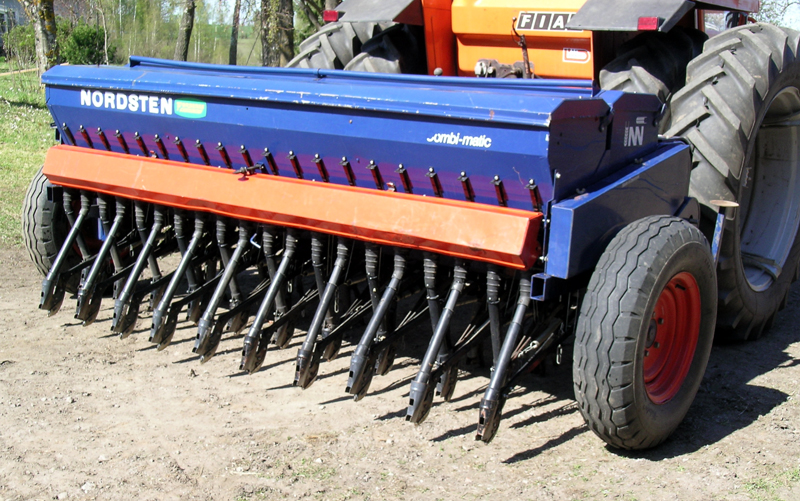Crop health update: Tailoring agronomy to variety and market
1 April 2019Spring cereal seed orders and drilling plans are coming together apace. The pest and disease risk varies is generally reduced in a spring crop compared to the winter equivalents, but particular varietal weaknesses need to be addressed in tailored crop protection programmes with local and seasonal risk also factored in – early drilling, wet weather and a history of particular diseases on farm can all add to risk and should be included in plans.
Although Laureate has now overtaken Concerto as the leading malting variety in Scotland, KWS Sassy and Sienna retain a share of the malting market, though well below the intake of the leaders. LG Diablo and RGT Asteroid have potential for different malting uses and are undergoing commercial tests. Fairing retains its place as a grain distilling variety. Several brewing and feed varieties are joined by the high yielding Cosmopolitan. If growing for feed it is hard to look past the enhanced yield potential of the newer brewing and distilling varieties above but, with a reduced pressure to meet quality specifications, there is more scope to reduce inputs.
For spring oats Firth, Canyon and Conway remain the market leaders because of their preferred milling qualities. Delfin has high yield potential and Elison is a new Scottish recommendation for spring 2019. Stiff but tall strawed, it has good mildew resistance and is of a similar maturity as Firth. Firth is rated 4 for crown rust and 6 for mildew but Canyon and Conway are rated 8 and 7 for mildew respectively which reduces the risk.
The dryer than usual January and February weather obviously means that field work is well advanced and drilling is likely to be early although this can make for a longer growing season and slightly enhanced disease risk. The move from a variety like Concerto, and before that Optic, which were comparatively weak for disease, to Laureate which has a better disease resistance profile is a positive though and illustrates why inputs can be tailored to varietal traits and markets. Fairing, Laureate, KWS Sassy and Sienna all have ratings of 6 for Rhynchosporium which takes some of the risk out of early drilled crops and wetter areas. The greater risk with Concerto, rated a 4, needs additional management and a greater reliance on fungicides.
Spring wheat is generally at much lower risk of stem base disease than its winter equivalent. KWS Cochise has a treated yield of 107% compared to controls but responds well to fungicides. Mulika is now somewhat behind this for yield at just 95% and is rated 6 for mildew and also for septoria but the other varieties on the Scottish list have improved disease profile sand better resistance to mildew. KWS Talisker and Hexham are rated 7 for septoria which is a point ahead of the other two. Hexham is later maturing than the other varieties.
The full Scottish Cereal list and the key characteristics of varieties are available here.
Fiona Burnett for Farm Advisory Service
Sign up to the FAS newsletter
Receive updates on news, events and publications from Scotland’s Farm Advisory Service

